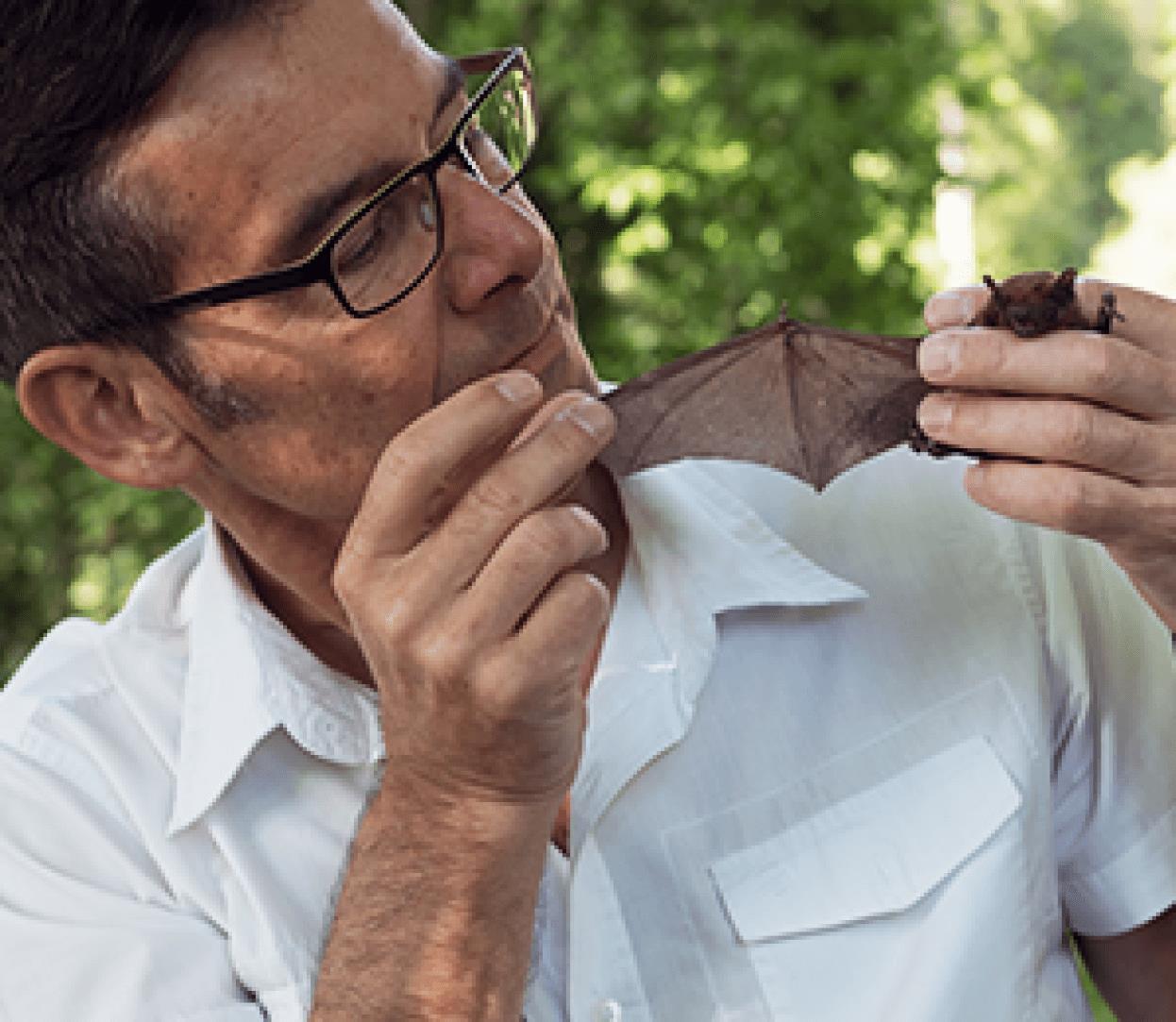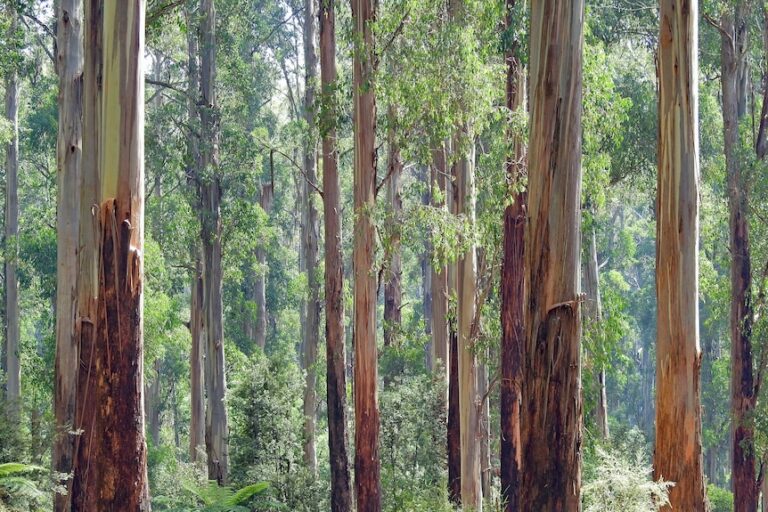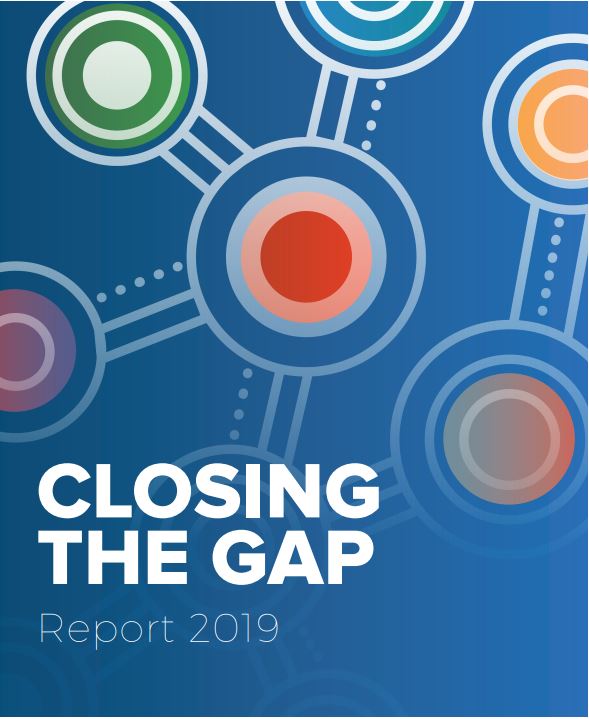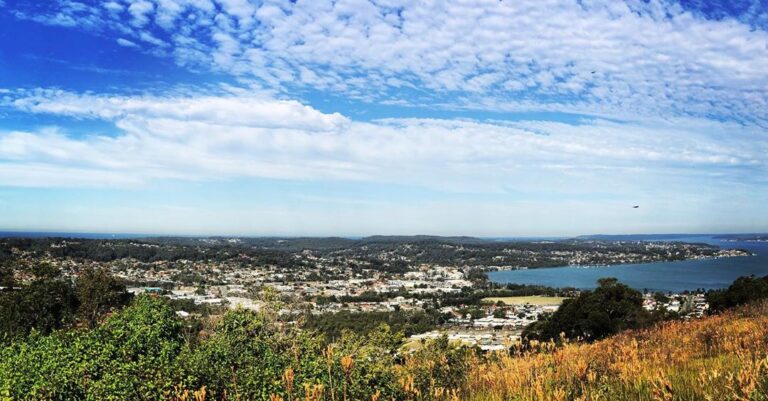Sarah Shah, reporting on the work of Martin Wikelski, a biologist at Germany’s University of Konstanz and MD of the Max Planck Institute of Animal Behaviour contends that the knowledge gained from the animal tracking system Wikelski oversights will play an important role in “the urgent task of stalling biodiversity loss.” (Poetry in Motion, by Sonia Shah – Good Weekend, SMH, February 27, 2021)
Stalling. It’s not a word that you hear much these days. Maybe we need to use it more often. Or at least feel the effects of it being applied.
To stall is to slow or to cease a process (Wikipedia). It wasn’t unusual not so many years ago, for an engine to stall. The worst possible place would be at a traffic intersection. To hold up other drivers didn’t win you any brownie points. It rarely happens these days.
But stalling in another context is urgently needed. And the work of scientists revealing human lifestyle impacts on nature should be enough to stall our behaviour on a number of fronts.
We need to stall:
- Our thinking that animals are, as some influential people have claimed “unthinking robots” (Donald R. Griffin) “very skillful but not in cognition” (1)
- Our thinking that we are superior to other species giving us carte blanc permission to expand and clear fell forests and bushland for agribusinesses – and by extension extravagant western consumption habits;
- The decline in wildlife habitat leading to species loss (2);
- The movement of feral species, introduced by humans – into the territories of native plants and animals homelands;
- Diversity loss that comes from the overfishing of marine species;
- The increasing amounts of waste such as plastic pollution, generated by packaging that ends up polluting land and waterways and oceans;
- The increase in atmospheric temperatures from the mining and burning of fossil fuels and the use of internal combustion engines (ICE) (3);
- The decline of greenery in towns and cities, leading to heat traps from bitumen and concrete hard surfaces;
- The hard paving of the planet leading to increased run-off beyond the capacity of drainage not designed to cope with all the additional residential development;
- Human population expansion and constant economic growth on this one finite planet;
- Our thinking that the earth owes us a living, rather than us understanding that we owe the earth a daily vote of thanks and gratitude that she has provided us with all the essentials of life (4);
- The notion that we can and should retire from being engaged with nature, leaving this for others to be engaged in. Opting out is not an option for any other species, why should it be the case for homo sapiens? Paying taxes in the form of money to carry out environmental repair work, is but a small part of the dues we owe for the privilege of life on earth.
References and sources:
Poetry in Motion, by Sonia Shah (Good Weekend, SMH, February 27, 2021)
1.That wild species – implicitly treated by many biologists and psychologists as “unthinking robots”, as the zoologist Donald R. Griffin put it – might successfully accomplish superior feats of collective intelligence conflicted with the exceptionalism with which we made sense of ourselves in nature. As the ecologist Ran Nathan points out, “Many people consider animals very skillful, but not in cognition.”
Tracking studies have revealed the extent of areas being rapidly denuded by the expansion of agribusiness.
Global wildlife tracking could provide similarly revelatory detail on other declining species (of which one is the Yellow-billed cuckoo), one million of which currently face extinction, according to an assessment by the Intergovernmental Scientific Policy Platform on Biodiversity and Ecosystem Services. Such knowledge will be of immediate practical utility to the urgent task of stalling biodiversity loss.
Through the pulses of data streaming from the tags to the ICARUS computers, the wild animals tell us “what they feel, what they see,” he says. “It’s the closest you can really – not talk to, but at least let the animals talk to you.” What we hear could draw them closer to us, before they slip away.
2.Simultaneously creating sanctuaries in which non-human species can feel safe and be permitted to live free and full lives without having to worry about having their homes knocked down to be over-run by human expansion.
3.Note – 2020 ABC Boyer Lectures with Andrew Forrest.
4.Adopting lifestyles consistent with regenerative ecological and Circular Economy principles.



